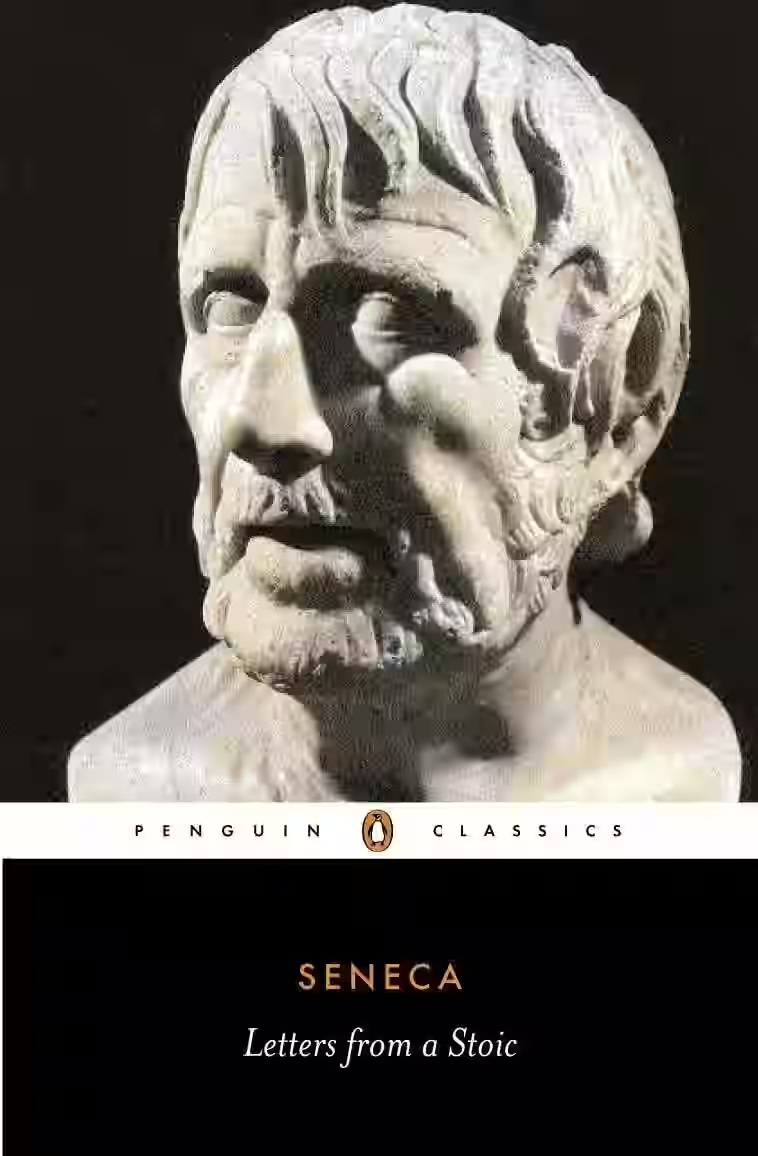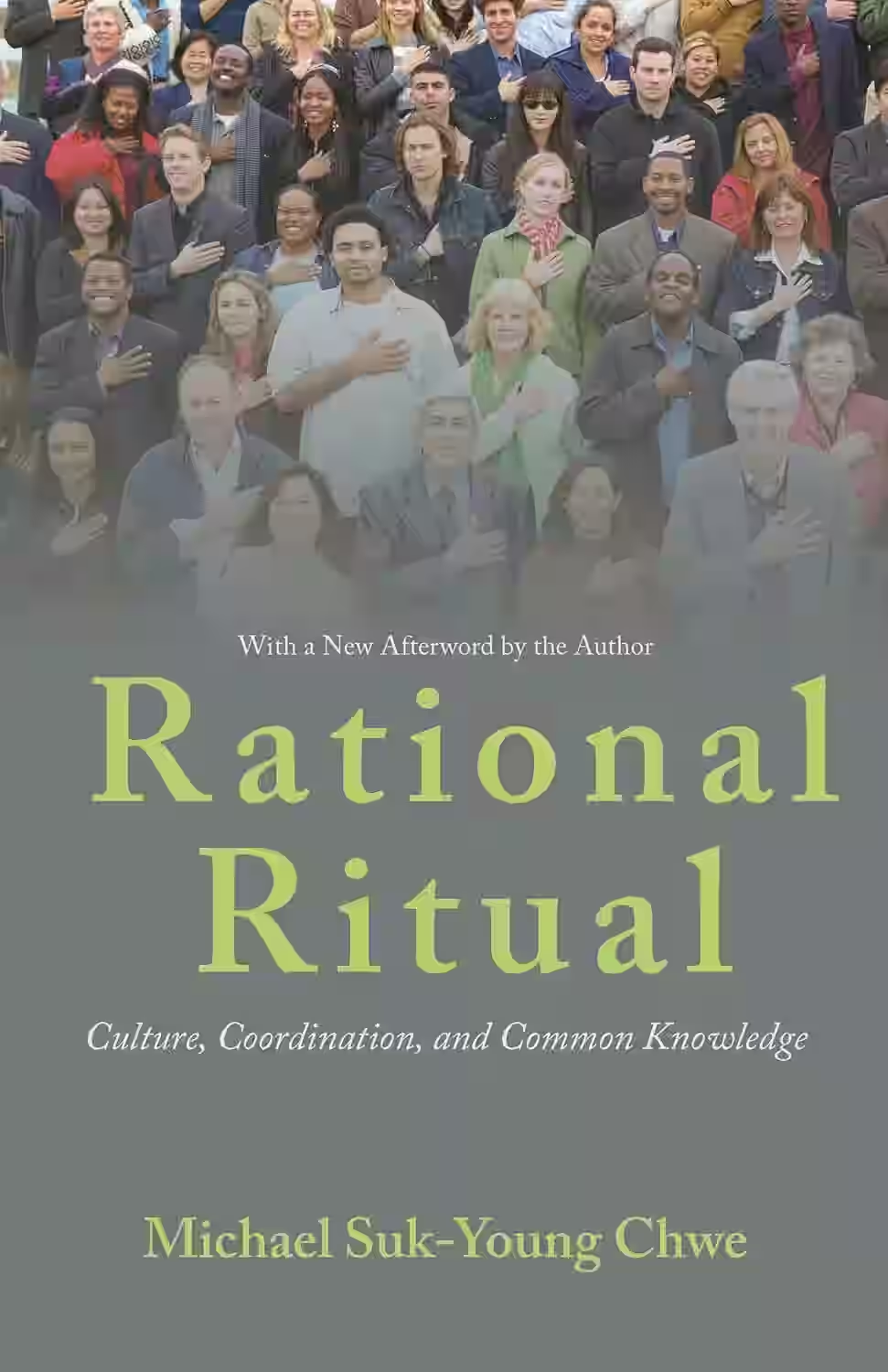
Karl Popper's 'The Open Society and Its Enemies' is a seminal work that delves into the fundamental principles of democracy, freedom, and the dangers of totalitarianism. Through a meticulous analysis of historical and philosophical perspectives, Popper dissects the ideologies of Plato, Hegel, and Marx while championing the virtues of an open society that values critical thinking and individual rights. This intellectually stimulating book challenges readers to reevaluate their understanding of political systems and the importance of safeguarding liberal democracy. With sharp insights and compelling arguments, Popper's work remains relevant in today's world, provoking discussions on governance, societal values, and the perils of authoritarianism.
About Karl Popper
Karl Popper, an Austrian-British philosopher and professor, made profound contributions to the fields of philosophy of science and epistemology. Born in 1902 in Vienna, Popper's seminal work 'The Logic of Scientific Discovery' challenged prevailing ideas on the nature of scientific reasoning and introduced the concept of falsifiability. His influential writings, including 'Conjectures and Refutations' and 'The Open Society and Its Enemies,' continue to shape discussions on democracy, political philosophy, and knowledge. Popper's emphasis on critical thinking and openness in the pursuit of knowledge has left an indelible mark on literature, inspiring generations of scholars and thinkers.
Similar Books

The Origins of Totalitarianism
Hannah Arendt's 'The Origins of Totalitarianism' is a groundbreaking work that delves into the rise of totalitarian regimes in the 20th century. Through a detailed analysis of historical events, ideologies, and societal factors, Arendt explores how totalitarianism took hold in Nazi Germany and Stalinist Russia. She highlights the erosion of individual freedoms, the manipulation of truth, and the dehumanization of entire populations as key components of these oppressive systems. Arendt's profound insights continue to resonate in the modern world, shedding light on the dangers of unchecked power and the importance of safeguarding democracy and human rights.

Enlightenment Now
In Enlightenment Now, Steven Pinker defends the values of reason, science, humanism, and progress as the driving forces behind global improvements in health, wealth, safety, and freedom. Using data and visualizations, he argues that despite the doom-and-gloom narratives of modern media, the world is improving across nearly every measurable domain. Pinker traces these advances to Enlightenment principles, advocating for their continued relevance in addressing today’s challenges. Though some critics view his optimism as overly confident, the book offers a powerful counterpoint to cynicism and a celebration of humanity’s capacity to solve problems through knowledge and cooperation.

Letters from a Stoic
by Seneca
A cornerstone of Stoic philosophy, Letters from a Stoic is a collection of personal correspondence from the Roman philosopher Seneca to his friend Lucilius. These letters offer timeless wisdom on topics such as grief, wealth, friendship, fear, and the art of living. Seneca advocates for virtue, rationality, and emotional resilience, emphasizing control over one’s inner life regardless of external events. His practical advice and moral reflections are accessible yet profound, making this a foundational text for anyone seeking clarity, discipline, and inner peace. It remains a vital guide for modern readers exploring the philosophy of Stoicism.

Rational Ritual
Rational Ritual explores how rituals—from presidential inaugurations to sports events—create common knowledge, a shared awareness that everyone knows everyone knows. Chwe, a game theorist, argues that these shared experiences are vital for coordination in society. By applying game theory to cultural rituals, he sheds light on why such practices persist and how they help societies function. The book offers unique insights into advertising, politics, and social networks. Zuckerberg recommended Rational Ritual for its relevance to online platforms, where creating and managing shared experiences is key. It’s an intellectually stimulating read for anyone interested in the intersection of culture and logic.